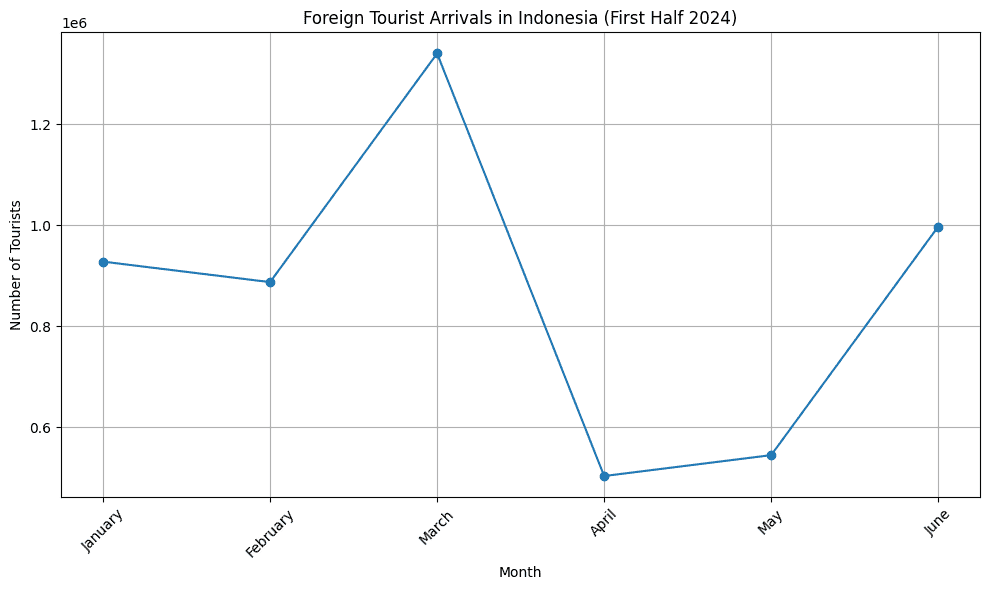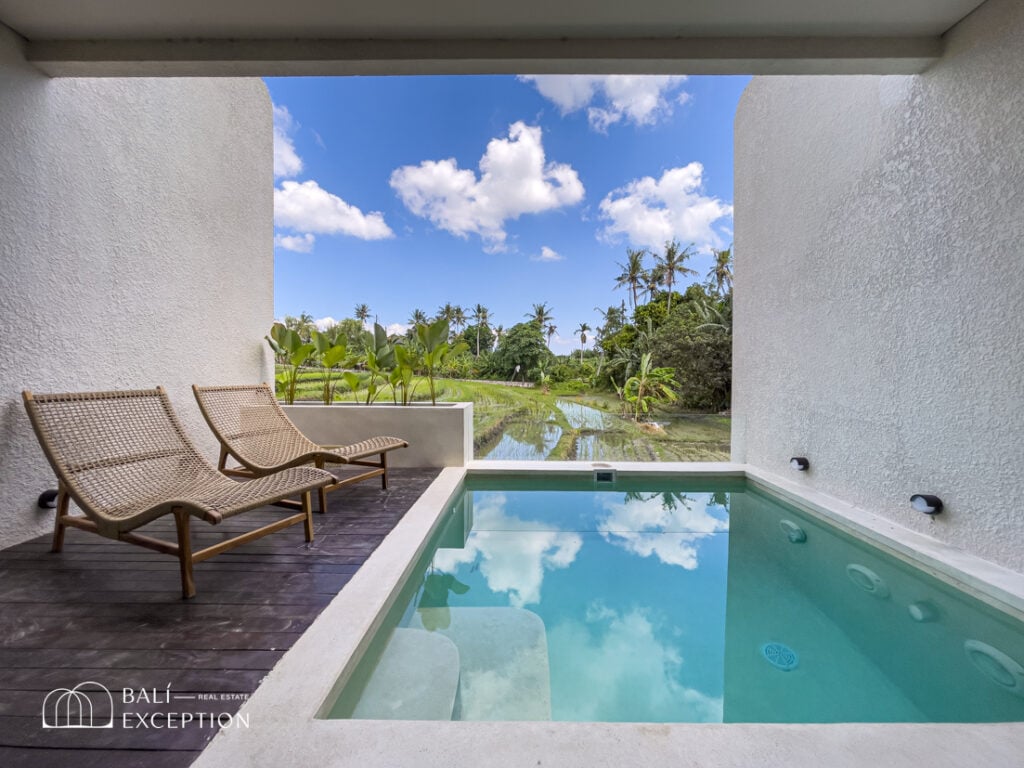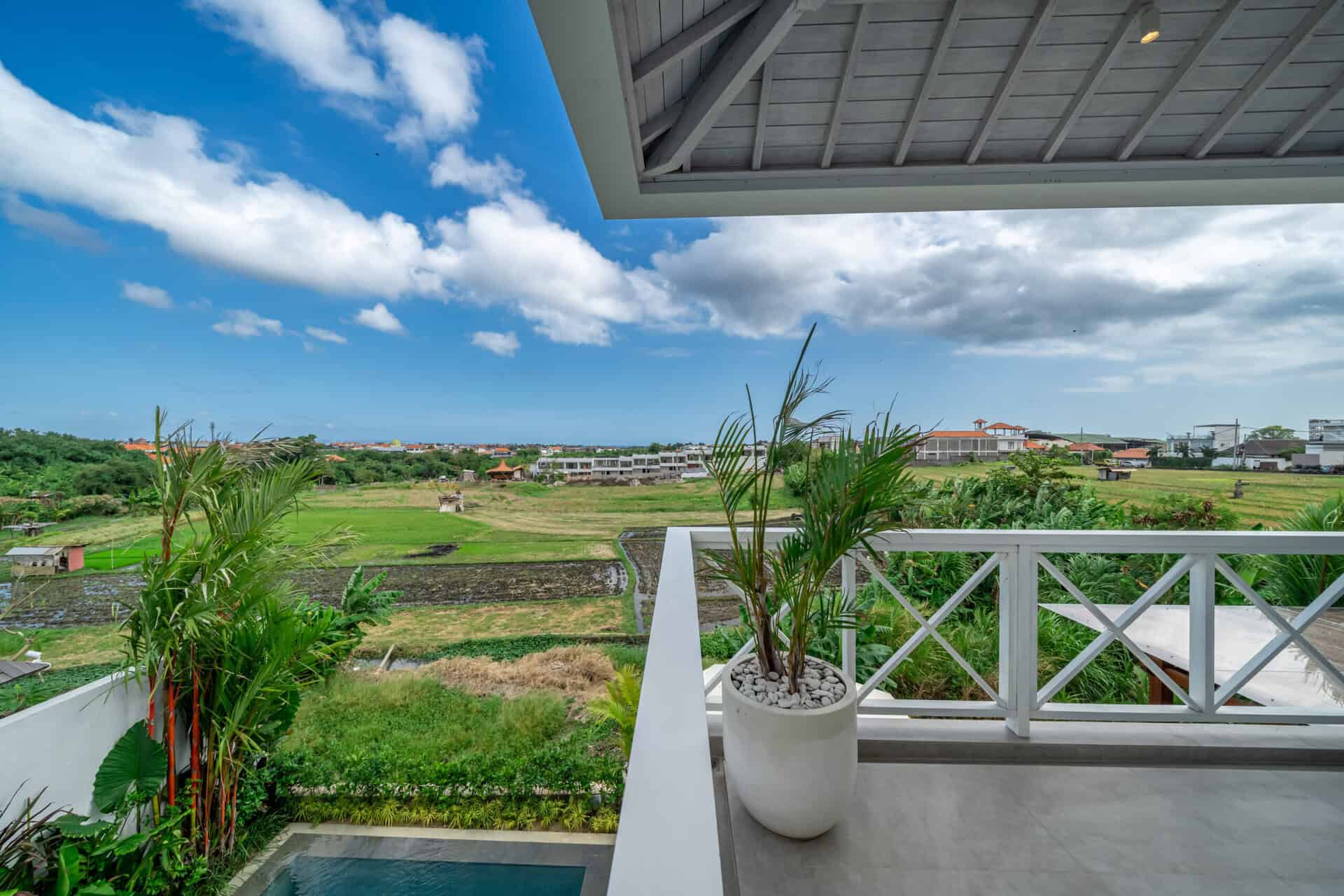When it comes to Bali real estate, the island continues to attract investors and buyers from around the world. In 2025, understanding villa and land prices across different regions of Bali is crucial for making informed decisions. Let’s dive into the details together and explore how much you can expect to pay in key areas like Seminyak, Canggu, Ubud, and Uluwatu.
Understanding Bali’s Property Market
Bali’s real estate market is experiencing significant growth, particularly in the residential sector. The latest Residential Property Price Index (RPPI) report from Bank Indonesia for the second quarter of 2023 shows a 1.92% year-on-year increase in off-plan property prices, up from 1.79% in the previous quarter. This steady rise in prices reflects the robust demand for residential properties on the island, driven by the increasing interest from both local and foreign investors.
The surge in Bali’s property market is closely linked to the island’s booming tourism industry. In 2023, tourist arrivals have not only surpassed 2022 figures but are also nearing pre-pandemic levels. Last year, Bali welcomed over 5.2 million tourists, a 24.5% increase from the previous year. This influx of visitors has intensified demand for residential and commercial properties, solidifying Bali’s status as a prime real estate destination in Southeast Asia.

The areas of Canggu, Berawa, Umalas, and Seminyak are currently hotspots offering numerous projects and opportunities for both residential and investment properties. These regions have become highly desirable due to their vibrant communities, upscale amenities, and proximity to some of Bali’s most beautiful beaches.

Key Factors Influencing Property Prices in Bali
A significant trend emerging in Bali’s property market is the increasing demand for luxury properties. Known for its world-class resorts and exclusive villas, Bali has long been a hub for luxury real estate. Recently, however, there has been a marked shift towards even greater interest in high-end properties, particularly among international investors.
According to market reports, luxury property prices in prime areas like Seminyak, Uluwatu, and Canggu have seen annual increases of up to 10%, reflecting the strong demand. Additionally, with Bali’s tourism sector rebounding and international travel restrictions easing, the island is set to attract even more high-net-worth individuals looking to invest in Bali’s thriving luxury real estate market
- Location: Properties with beachfront access or ocean views command premium prices. Areas like Seminyak, Canggu, and Uluwatu are particularly sought after.
- Land Size: Larger plots of land are typically more valuable. Consider whether the land can be subdivided or used for multiple purposes.
- Zoning: Land designated for commercial use often has a higher value. Ensure you understand the zoning regulations of your property.
- Accessibility: Properties with good road access, especially those near major highways, tend to be more expensive.
- Utilities: Properties with established connections for water, electricity, and internet are priced higher due to the convenience they offer.
- Views: Scenic views of the ocean, rice fields, or mountains can significantly increase the value of a property.
- Proximity to Amenities: Properties close to beaches, restaurants, shopping centers, hospitals, and international schools often have higher price tags.
Overview of Real Estate Price in Bali
Bali’s real estate market has always been dynamic, with each area offering unique opportunities and price points. Whether you’re looking for a luxury villa or a plot of land to build your dream home, knowing the average costs in different regions is essential. Here’s what we’ve found:
Average Villa Prices Across Popular Regions
The cost of villas in Bali varies significantly based on location and amenities. Here’s what you can expect to pay in key areas:
You can use our Property Finder tool to browse villas and apply the price range filter to view villa prices.
Seminyak
- Three-bedroom mansion: approximately $500,000
- Luxury villas: $900,000 to $3,000,000
- Premium location near beach clubs and restaurants
Canggu
- Two-bedroom villa: starting from $248,000
- Three-bedroom villa with pool (500m²): $840,000
- Popular among digital nomads and entrepreneurs
Ubud
- Average three-bedroom villa: $250,000
- Properties with rice field views
- Focus on wellness and cultural amenities
Uluwatu
- Villas range from $277,000 to $770,000
- Clifftop properties command premium prices
- Known for ocean views and luxury developments
Average Land Prices
You may have heard the news about the recent land purchase in Tabanan valued at approximately Rp 5.5 trillion. This highlights how, in 2025, land prices in Bali continue to reflect the island’s growing appeal and the increasing demand for development opportunities.
You can check out our available land for sale in Bali to see the prices in each area. Analyzing area-specific averages has become more important than ever for those seeking the best value for their investment.
| Location | Average Price per 100m² | Price per m² |
|---|---|---|
| Seminyak | IDR 3.32B ($208,908) | IDR 7.18M ($452) |
| Canggu | IDR 1.9B ($119,700) | IDR 3.4M ($214) |
| Ubud | IDR 2.66B ($167,706) | IDR 3.41M ($215) |
| Uluwatu | IDR 279M ($17,577) | IDR 1.4M ($88.20) |
Key factors affecting prices include location, land size, proximity to beaches/amenities, quality of construction, and whether the property is freehold or leasehold. Prices have increased significantly since 2019, especially in popular southern areas. More remote areas still offer lower prices but are expected to appreciate as infrastructure improves.
Additional Costs to Consider When Buying Property in Bali
Beyond the purchase price, it’s important to account for additional costs such as property tax associated with buying property in Bali:
In 2025, the Indonesian government raised one of the property taxes from 11% to 12%, which has had an impact on real estate price in Bali.
- Legal Fees for Foreign Ownership Setup: $3,000 – $5,000
- Property Purchase Fees: $500 – $1,500
- Annual Property Taxes: 0.5% – 2% of land value
These costs can add up, so it’s essential to budget accordingly to avoid surprises.
Steps to Ensure You’re Paying the Right Price
To ensure that you’re making a sound investment, follow these steps:
- Research Current Market Prices: Compare listings for similar properties in the same area to understand the market value.
- Consult Local Real Estate Agents: Experienced real estate agents have deep insights into the local market and can guide you on fair pricing.
- Get Professional Valuations: Hire an independent property appraiser and consult a property lawyer familiar with Bali’s real estate market.
- Check NJOP Values: Use official government websites like BAPENDA Bali and BAPENDA Badung to check the NJOP values. This gives you a government-assessed baseline for property value.
- Analyze the Property Carefully: Inspect the property thoroughly, verify land size and boundaries, and review all legal documents for accuracy.
- Consider Additional Costs: Don’t forget to factor in legal fees, taxes, and potential renovation costs when calculating the total investment.
- Negotiate Strategically: Start with an offer below the asking price and justify it with market data to negotiate effectively.
- Work with Reputable Professionals: Use a trusted real estate agency and hire an independent lawyer to review contracts and protect your interests.

Navigating the Legal Landscape
When buying property in Bali, particularly as a foreigner, understanding the legal landscape is critical. Indonesian law does not allow direct ownership of freehold land by foreigners, but there are legal structures in place, such as the “Hak Pakai” (Right to Use) or setting up a foreign investment company (PMA), which can provide you with rights similar to ownership. Always consult with a legal expert to navigate these complexities and ensure your investment is secure.
Avoid Common Pitfalls
Many foreign investors make the mistake of rushing into a purchase without conducting thorough due diligence. Avoid common pitfalls such as ignoring the importance of title searches, underestimating renovation costs, or not understanding local building regulations. Partnering with experienced local professionals can help mitigate these risks.
Conclusion
Investing in property in Bali can be a lucrative and fulfilling endeavor, but it requires careful consideration and due diligence. By understanding the market, knowing the factors that influence property prices, and working with reputable professionals, you can ensure that you’re paying the right price for your property. Whether you’re looking to buy a villa with stunning ocean views, a cozy inland retreat, or a commercial space in a bustling area, this guide will help you make informed decisions and secure a smart investment in Bali’s thriving real estate market.


